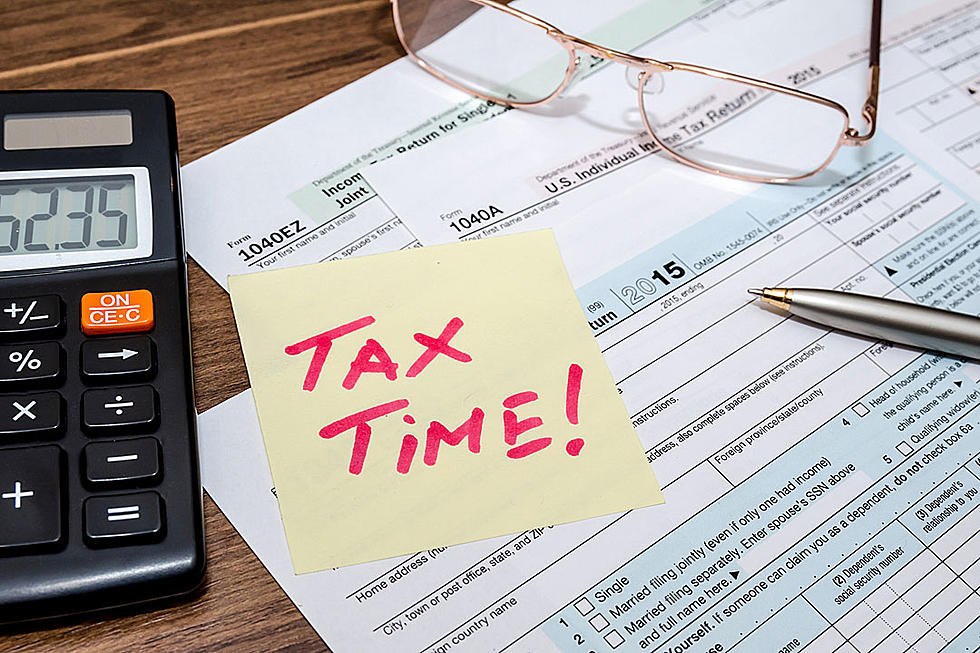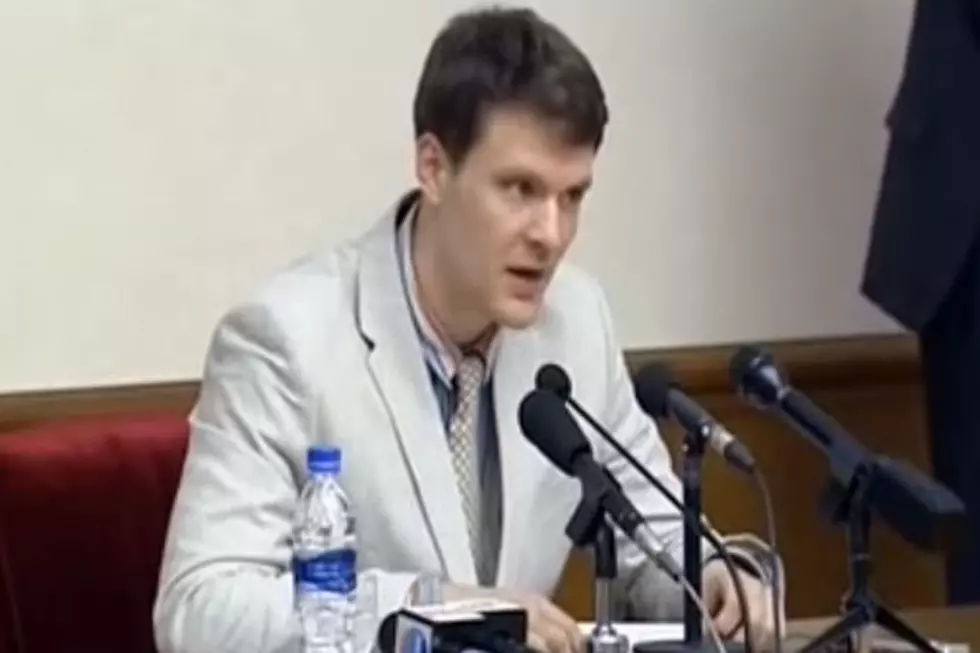
Get An Extra Hour Of Sleep Saturday Night
Spring forward, fall back!
Daylight Saving Time ends this weekend, which means it’s time to set your clocks back one hour.
Here are seven things you need to know about something that I think is stupid and hope they get rid of it (okay, that's eight things):
When do I need to change my clocks?
Move your clocks back one hour at 2 a.m. on Saturday, Nov. 1. It is always in the middle of the night on a Saturday night. That's why everyone pushes the "switch your clocks before you go to bed". I forgot to do it one fall and I showed up an hour early to something I didn't want to do anyway. Yeah, that day sucked. So SWITCH YOUR CLOCKS BEFORE GOING TO BED! On the second Sunday in March, move your clocks ahead one hour.
What effect does it have on my body?
The typical person should be able to adjust to the new time change within a day or two. The key is fighting the urge to take advantage of the extra hour. “When it falls on the weekend, sometimes people think they get to sleep in an hour later, and they decide to stay up two, three hours later,” says David Earnest, a professor of neuroscience and experimental therapeutics at Texas A&M University. “When you celebrate the time change and the extra hour, you overshoot, and irregularity adds to the problem.”
Does every state do the time change?
Arizona and Hawaii are currently the only two states that don’t observe Daylight Saving Time. After DST, parts of Arizona will match up with Mountain Time instead of Pacific Time. The U.S. territories of Puerto Rico, the Virgin Islands, American Samoa, Guam, and the Northern Marianas also do not observe Daylight Saving Time.
How long has this been a thing?
Ben Franklin brought up something like this back in his day. What we now know as Daylight Saving Time was conceived by a guy from New Zealand. It's been official in the U.S. of A. since 1966. President Lyndon Johnson signed the Uniform Time Act into law. The U.S. Dept. of Transportation is the keeper of Daylight Saving Time.
Why does it exist?
The idea behind Daylight Saving Time is to take advantage of daylight hours and save energy. However, the change is rooted in an agricultural society when more people were working out in the fields. “General consensus is that really most of those things that were used as arguments for having DST in the past are really not applicable nowadays,” Earnest notes. “Every year, the question is: ’Why are we continuing with this, particularly when in some cases, it is more of a nuisance than benefit?’“
I thought it was called Daylight Savings Time. It's Daylight Saving Time?
I thought it was Daylight Savings Time too. But I am the Spelling Police -- as you can see below -- so I have to abide by this. You should too.
Are we really "saving" daylight with this? If so, is it being put in a high-interest savings account? Or like a no-load mutual fund, or something?
No, daylight is not being saved, collected, or accrued. The daylight is merely being shifted as we manipulate the clocks twice a year. It's freaking dumb, and it's inconvenient. You should check out this link. They hate it too.
So does a lawmaker in Utah, a state that has something called Wife Saving Time:
More From Q98.5

![Would You Confront Someone for Parking in a Handicapped Spot? [POLL]](http://townsquare.media/site/757/files/2016/03/Handicapped1.jpg?w=980&q=75)







